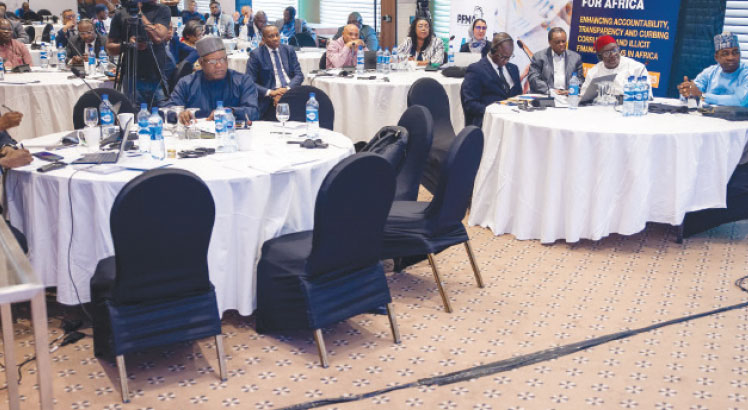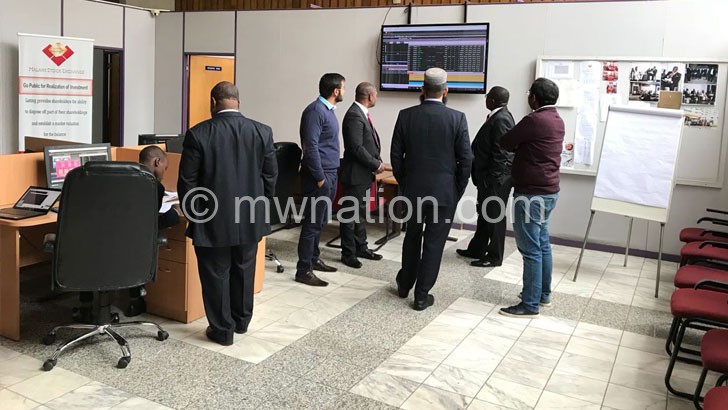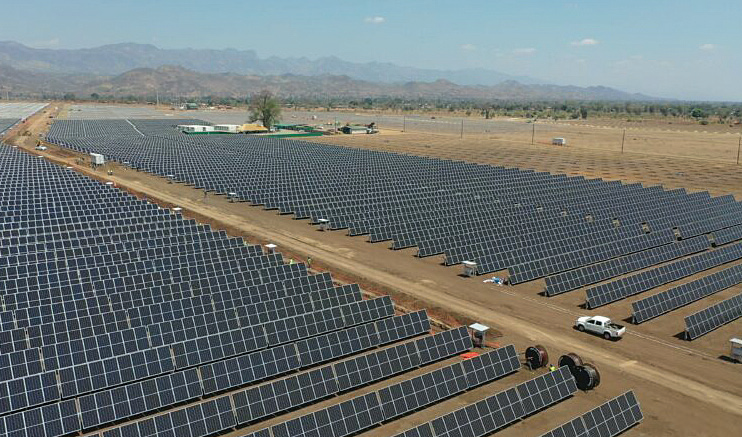AfDB champions home-grown solutions to Africa’s debt
T
he African Development Bank (AfDB) group is facilitating the establishment of the African Debt Managers Initiative Network (Admin), which will bring together experts to find home-grown solutions to the continent’s debt challenges.
In a statement, AfDB policy management acting director and division manager Eric Ogunleye said the network would facilitate capacity development for institutions and practitioners on the continent, in particular, reorienting them towards responsible borrowing and transparent debt management.
He said: “The Admin will help identify and raise awareness of common areas for policy dialogue and capacity building for debt management and sustainability in the African Development Bank’s regional member countries and facilitate interventions by the Bank and other institutions working on public debt management issues in Africa.”

Debt vulnerability and distress are rising in Africa, requiring concerted efforts to address and reverse the trend. According to official figures, before the Covid-19 pandemic, Africa’s debt burden had increased rapidly, with debt service payments averaging about 18 percent of total government revenues.
One of the factors driving debt accumulation across Africa over the past decade has been the shift by countries towards costly commercial debt.
This shift has been associated with less transparent loan terms compounded by debt collateralisation, domestic arrears accumulation, and increasing contingent liabilities from state-owned enterprises and public-private partnerships.
According to the African Development Outlook 2022, 23 African countries reached a high risk of debt distress at the end of February 2022 (16 at high risk and seven already in distress).
Of the nine low-income countries (LICs) in debt distress globally, eight were in Africa; at the same time, of the 27 LICs at high risk of debt distress globally, 13 were in Africa; and of the 26 LICs at moderate risk of debt distress globally, 17 were in Africa.
This is despite the international financial community’s Debt Service Suspension Initiative, the Common Framework, and the IMF’s general allocation of $650 billion equivalent of Special Drawing Rights (SDRs) on 23 August 2021.
The impact of the Covid-19 pandemic is eroding the safety margins, exacerbated by the Russia-Ukraine crisis, leading to increased spending amid revenue shortfalls.
This trend could completely deplete the remaining fragile fiscal buffers if left unchecked.





